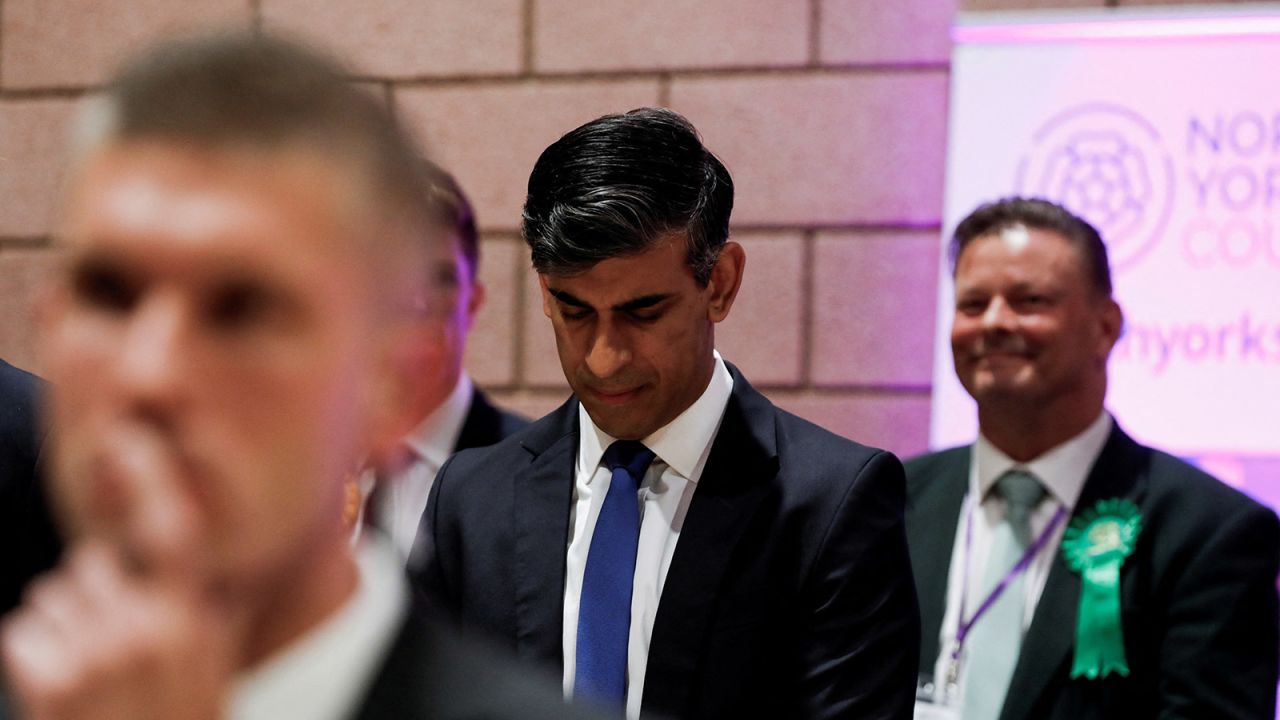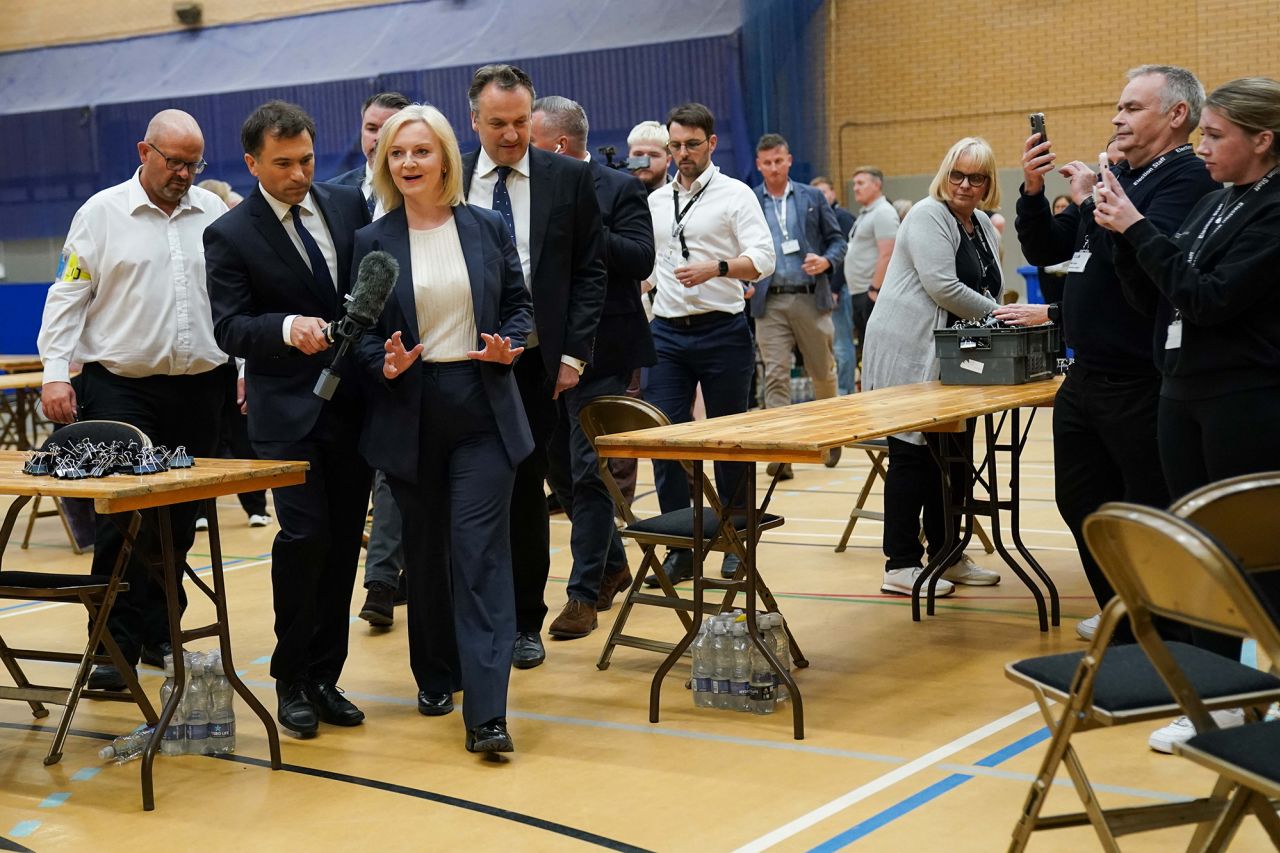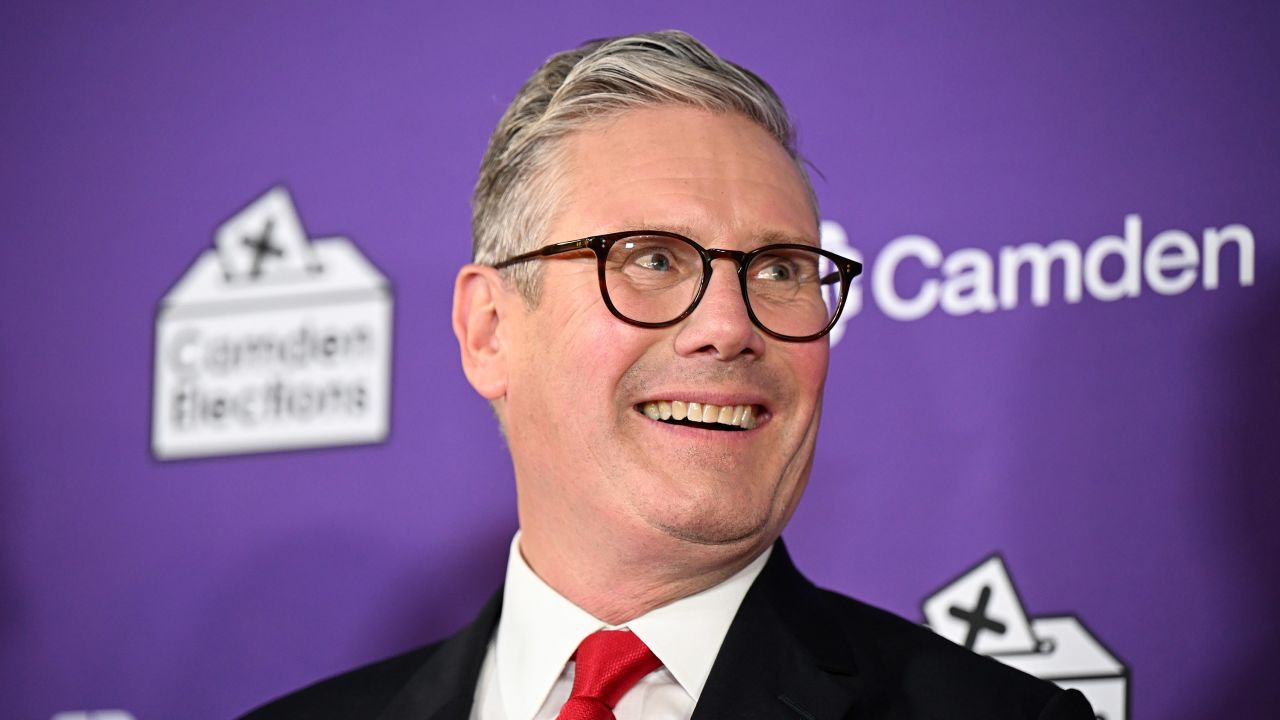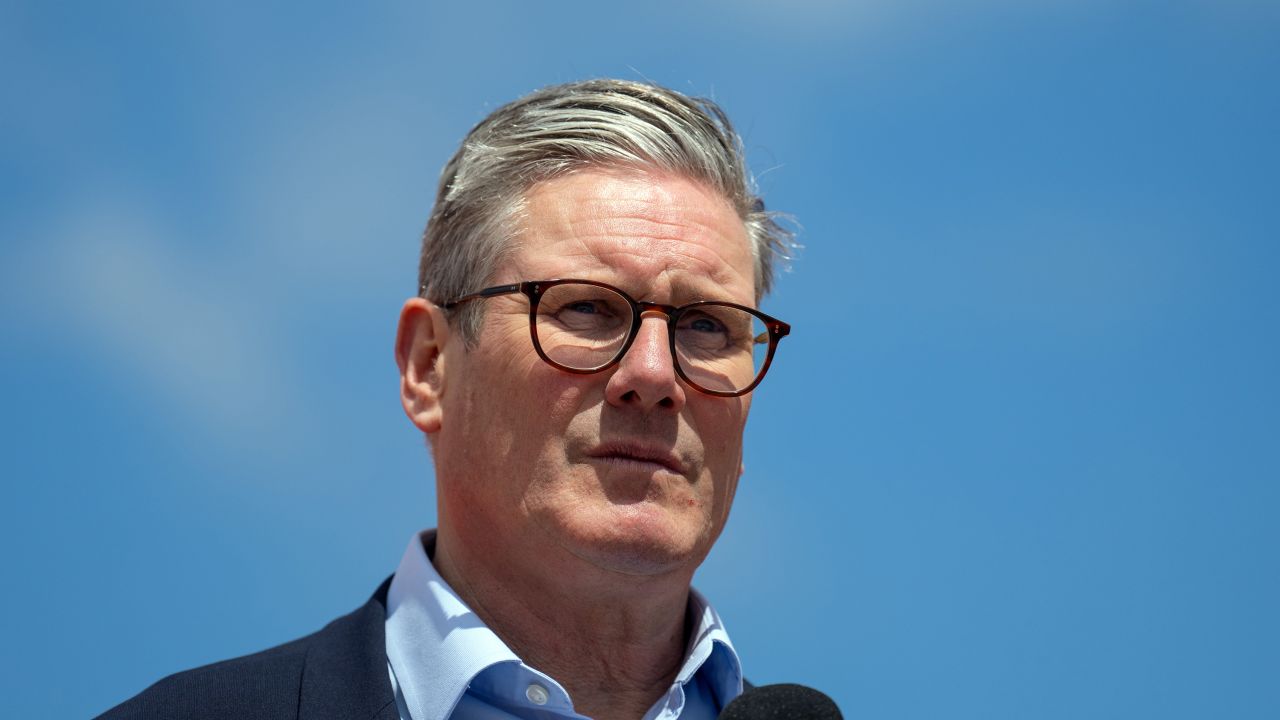Britain’s new Prime Minister Keir Starmer has started to name his cabinet, including appointing Rachel Reeves as the country’s first ever female Chancellor of the Exchequer, or finance minister.
Earlier, the Labour leader made his first speech as prime minister, promising to steer the UK toward “calmer waters” during his time in office.
Here’s what you need to know:
Labour Party wins big: The center-left Labour won the election by a landslide, securing the biggest majority in its history. Party leader Starmer celebrated the victory in front of supporters at the Tate Modern art gallery in London. “Change begins now. It feels good, I have to be honest,” he said.
Handover of power complete: Sunak formally tendered his resignation to King Charles, before Starmer had his audience with the monarch, who asked him to form a government. Starmer then traveled to Downing Street to address the nation before he and his wife, Victoria, entered Number 10 for the first time.
Starmer promises change: In his first speech as prime minister, Starmer pledged to steer the UK toward “calmer waters” after 14 often turbulent years of Conservative rule. “You have given us a clear mandate, and we will use it to deliver change, to restore service and respect to politics, end the era of noisy performance, tread more lightly on your lives, and unite our country,” Starmer said.
Cabinet appointments: Starmer has announced a number of cabinet appointments, with Angela Rayner named deputy prime minister as well as Secretary of State for Levelling Up, Housing and Communities, while Rachel Reeves is the first ever female finance minister in British history.
Sunak to step down: The outgoing prime minister said that he will leave his post as leader of the Conservative party in an address to the British public outside Downing Street. “I have heard your anger, your disappointment, and I take responsibility for this loss,” Sunak said after delivering the party’s worst-ever defeat.
Prominent Conservatives lose their seats: The Tories have had a tough night, suffering the biggest defeat since the party was formed. Among the top brass Conservatives losing their seats: the former (albeit short-lived) Prime Minister Liz Truss, House of Commons leader Penny Mordaunt, Defense Secretary Grant Shapps and Justice Secretary Alex Chalk.
Reform UK makes breakthrough: An insurgent rightwing populist party led by the Nigel Farage secured four seats, with Farage himself getting into the parliament for the first time – after running seven times in the past.
Liberal Democrats reborn: The Liberal Democrats were on course to secure their best result ever – and will return as Britain’s third-biggest party in Westminster. They unseated several high-profile Conservatives.
Greens quadruple their seats: The Green Party won four spots in the Parliament, gaining three more seats compared to the last election in 2019.
SNP wipeout: The Scottish National Party has suffered big losses in Scotland, likely putting the question of an independent Scotland to rest for now. Labour took a host of seats from the party.
Low turnout: Turnout is on track to be the lowest for more than 20 years. Of the seats declared by early Friday morning, turnout is hovering just below 60% – down from 67.3% at the last election in 2019.






















































































